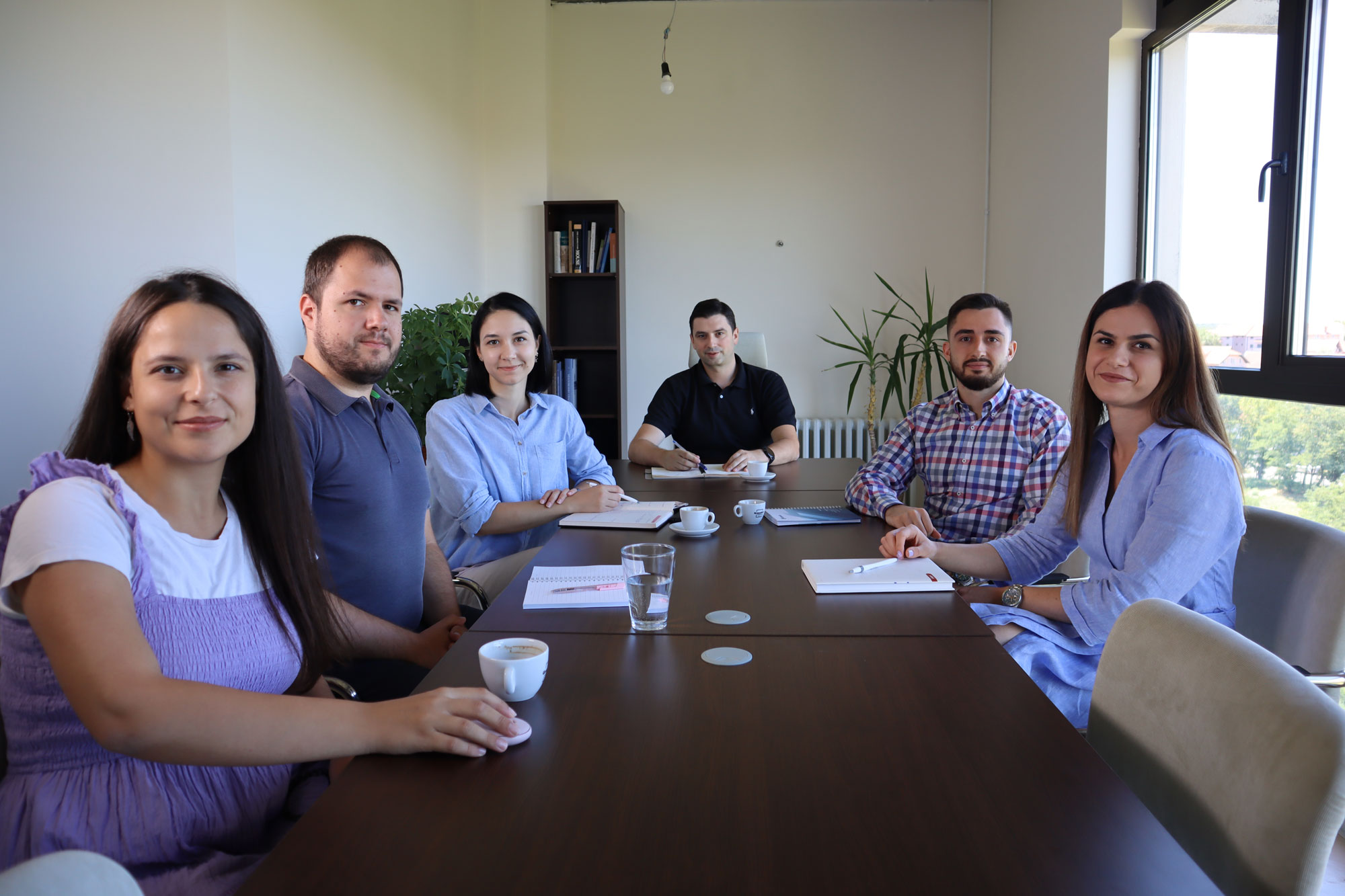About us
- Home
- »
- About us


Mission
We are an academic research group striving to produce excellent scientific data and to disseminate balanced, correct and punctual information related to the reserch progress in neuroscience and psychiatry field made by us and by other research groups.
Vision
We strive to mechanistically explain the regulation of emotions, to improve the therapy for the patients suffering from disorders caused by emotional disregulation, and to make new discoveries easily available to researchers, clinicians, and patients
Values
Each group member strives to improve in terms of values listed down. It is our joy to work with people who shere these values. We work with people who do not posses these values also, but only if we have to.

-
Honesty
To ascertain trustworthy conclusions, it is crucial to interpret data in an honest and unbiased manner. When interpreting the data, it is important to keep in mind that the aim is to measure what is the truth and not to assume what is the truth. Material and other implications of obtaining specific results and interpretations must not in any way guide the data processing and interpretation.
-
Self-criticism
Researcher presenting his/herown data is able to raise the harshest criticism related to the obtained results, because he/she knows the nature of the obtained data the best; consequently, self-critical researcher will make sure to address and acknowledge all open issues related to the data. Data must not be presented as a manuscript or presentation in case that they are not reliable enough.
-
Efficacy
Possibility to distinguish between more and less important tasks, to prioritize more important tasks, to allocate optimal amount of effort and time to each task, and to finalize the tasks before deadlines are increasing the research output and are crucial for success
-
Hard-working & perseverance
Most of research questions in neuroscience and psychiatry are very complicated, answers to open questions are seldom simple, and a researcher usually faces complex and difficult problems. Obtaining valid conclusions or changing assumptions that are wrong, but advocated by a majority, usually takes a lot of energy and dealing with dissapointments
-
Professionalism
Interactions with researchers, clinicians, and other individuals occur during result dissemination activites and scientific discussions. Unrelated if these interactions have positive or negative connotation, to ascertain adequate and constructive communication, it is necessary to comunicate politely, succinct, in easily understandable language, direct (without hidden messages), with as little emotions as possible, and with full appreciations for other parties time and opinions.

